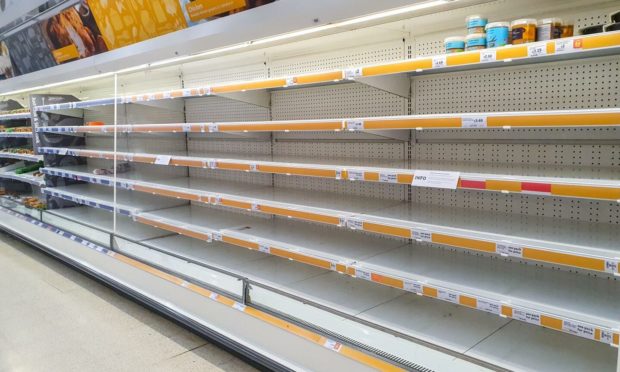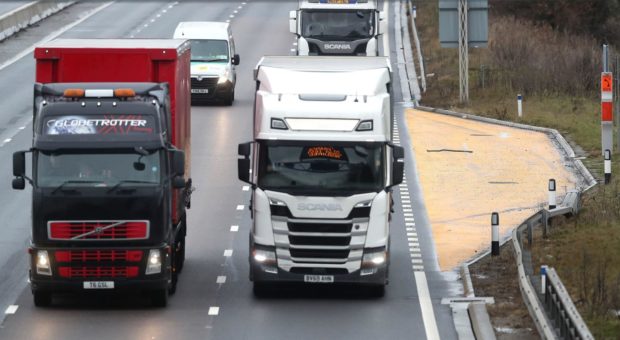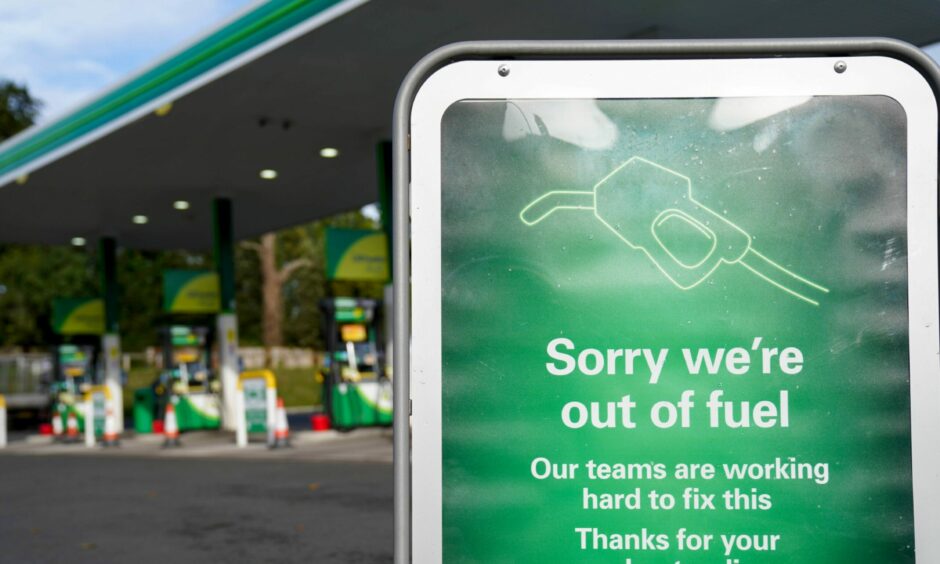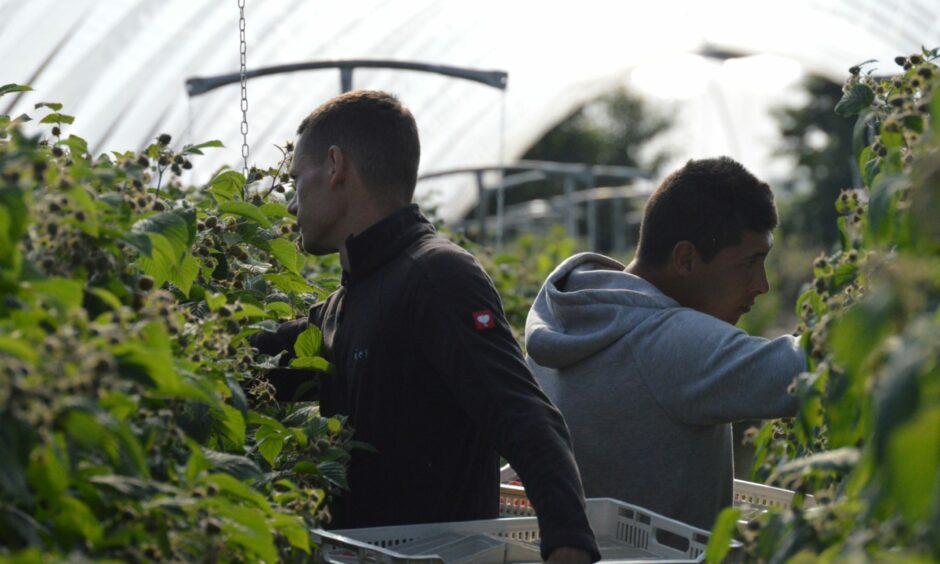We left the EU in December 2020 and despite all the dire warnings of chaos and trade disruption life went on as normal.
Well as normal as is possible in a full-scale Covid lockdown.
Diehard Remainers predicted the roof would fall in but for the vast majority of people Brexit day on December 31, 2020 was a non-event.
For farmers the predictions that prices would fall due to trade disruptions have proven to be completely wrong. Indeed, the opposite is true.
Since the beginning of January sheep and cattle prices have risen to record levels and grain prices are well up on the year.
Similarly, the predictions of chaos when lamb exports to Europe peaked at the end of this summer have failed to materialise with prices currently ahead of last year.
Of course, that’s not to say there are not problems.
The paperwork and the form filling at border control are costly and time-consuming, and many export and import companies faced major difficulties at the start of the year.
Food exporters were hardest hit with long delays at border control.
The delays killed off the live export of shellfish to Europe as the fish were literally dying in transit before reaching continental customers.
Speaking recently to industry leaders it seems that border systems have improved.
Delays are much reduced, and the hope is that when a new border control IT system is in place it should reduce the paperwork and bureaucracy.
However, as I have pointed out before, none of this should have come as a surprise as the UK/EU trade deal is unique.
Every trade deal in history removed barriers to trade but this one created new barriers to trade with the EU and we are stuck with them.
Boris Johnson claimed the friction created by the deal was a price worth paying as the UK would benefit from making our own rules and escaping the costly, bureaucratic, one-size-fits-all EU rules.
It is safe to say the jury is still out on that one.
The other benefit he trumpeted was taking back control of our borders.
No longer would cheap east European workers flood into the UK and steal away local jobs.
Home Secretary Priti Patel took a hard line on immigration with tough limits on seasonal workers claiming that there was plenty of local labour to pick fruit, work in slaughterhouses and drive lorries.
How wrong could she be?
That hard-line approach now looks unbelievably short-sighted as labour shortages in the UK have led to long queues at fuel stations, empty supermarket shelfs and threats to food supplies in the run up to Christmas.
On top of that gas prices have shot through the roof hitting consumers hard and forcing two big UK fertiliser plants owned by CF Fertilisers to close leaving the meat industry short of carbon dioxide.
The Government is now in full panic mode as they know only too well that food and fuel shortages can topple governments.
They have drafted in the army to drive fuel tankers, handed CF fertilisers tens of millions of pounds of taxpayers’ money to avoid food shortages and Priti Patel has performed a screeching u-turn and issued 10,500 emergency visas for foreign lorry drivers and poultry workers.
So much for taking back control.
Many leading Remainers claim these are the Brexit chickens coming home to roost.
But can you blame Brexit entirely for the current crisis? I don’t think so.
Energy prices are driven by supply and demand, and it is the massive demand for energy driven by rebounding growth in world economies following Covid that has led to record high prices.
You could argue the shortage of labour is partially caused by Brexit, but to my mind the real culprit is the hard-line stance taken by Johnson and Patel on immigration.
During the referendum the Brexiteers peddled the myth that cheap eastern European workers were piling into the UK, stealing British jobs, and undermining wages.
Brexit Ministers seem to think that by clamping down on foreign workers coming into the UK the 1.7 million unemployed would fall over themselves to seize the new job opportunities.
Ministers are living in cuckoo land if they really believe that to be true and so it has proven.
Last year despite 9 million workers being on furlough and a huge Government backed Pick for Britain campaign, only a handful of British workers volunteered to pick fruit, and the scheme was quietly abandoned.
British workers simply didn’t want the jobs.
Farm and meat industry leaders warned Ministers that tough restrictions on foreign labour would lead to labour shortages and threaten food supplies and so it has proved.
So, the blame for the labour shortage and the chaos we are now facing lies squarely with Ministers who have put ideology ahead of reality when it comes to immigration from the EU.
It is time they faced up to the fact that if the UK is to prosper, we need an outward looking immigration policy that encourages EU workers to return.
- George Lyon is a former MEP and a former president of NFU Scotland. He is a senior consultant for Hume Brophy.



